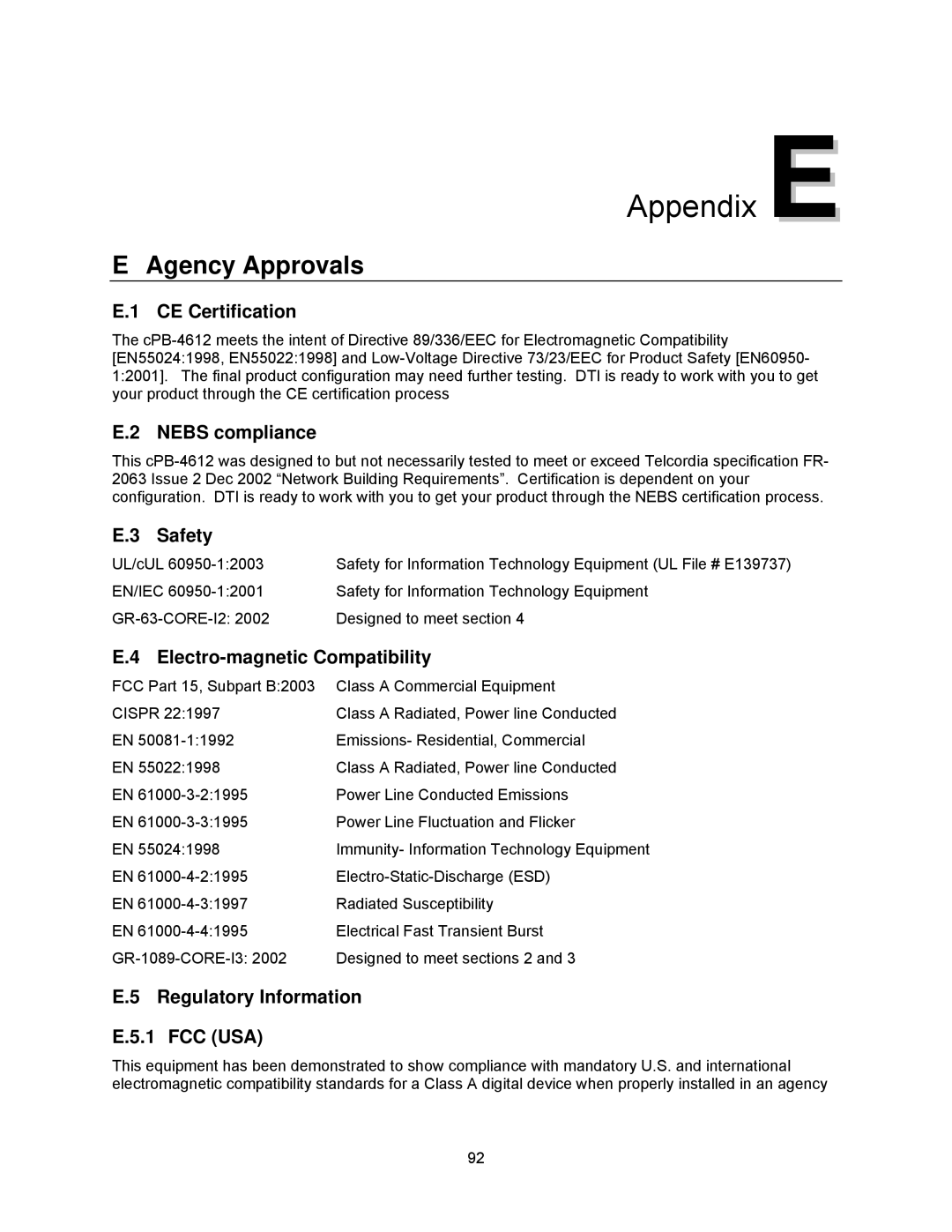cpb4612, cpci borard with a intel pentuim M specifications
The Intel CPCI board equipped with the Intel Pentium M processor, specifically the CPB4612, represents a significant advancement in the realm of compact computing solutions tailored for embedded applications. This board is primarily designed to cater to industries requiring low-power, high-performance computing capabilities, such as telecommunications, medical equipment, and industrial automation.One of the defining features of the CPB4612 board is its incorporation of the Intel Pentium M processor, known for its efficient architecture. The Pentium M operates on a low power envelope while delivering robust performance, thanks to its advanced Power Management capabilities, which can dynamically adjust frequency and voltage based on workload demands. This feature not only assists in maintaining optimal performance but also extends the operational lifespan of embedded systems by reducing unnecessary power consumption.
The CPB4612 boasts a modular design compliant with the CompactPCI (CPCI) standard, enhancing its versatility within various configurations. This modular structure allows easy integration with other CPCI-compliant boards, facilitating scalability for different application requirements. Furthermore, the board supports up to 1 GB of DDR RAM, which provides sufficient memory capacity for most embedded applications.
In terms of connectivity, the Intel CPB4612 features a wealth of interfaces including Ethernet for network connectivity, USB ports for peripheral devices, and serial ports for legacy support. This array of options ensures that the board can connect seamlessly to a variety of external devices, catering to the needs of diverse industry applications.
The board is also equipped with advanced thermal management technologies, ensuring it operates within safe temperature ranges even under heavy workloads. The design includes heat sinks and ventilation options that help dissipate heat effectively, mitigating the risk of thermal-related performance degradation.
In summary, the Intel CPCI board with the Pentium M processor, CPB4612, is an ideal choice for applications demanding a balance between power efficiency and high performance. With its modular design, ample connectivity options, and robust thermal management features, it provides a reliable and flexible solution for embedded computing needs across multiple industries. This board exemplifies Intel's commitment to innovation, allowing developers to harness the power of advanced computing in a compact form factor.
